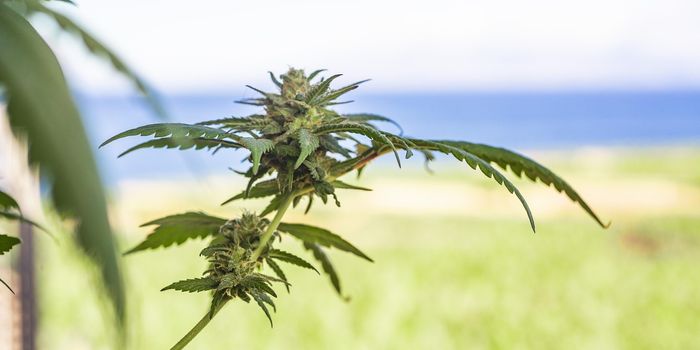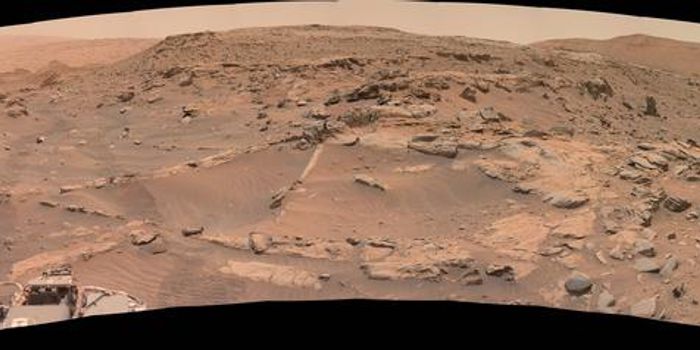How we will be remembered: our future fossils
Have you ever wondered what of you will be left behind when you go? It’s a natural question to ponder, and recently paleontologists from the University of Illinois at Chicago and Missouri Western State University have been asking themselves this same question – but on a much bigger scale. Paleontologist Roy Plotnick and Karen Koy contemplate the fate of humans in the fossil record in their new study, which was published online in the journal Anthropocene.
The scientists focus the question within the context of the Anthropocene, which is the name that many people use to refer to the current geological era that we live in, one dominated by humans and their influence on natural systems. They say that humans’ impact on the world has overtaken the impact of wild animals in the last hundreds of years so much so that humans and our domesticated animals “greatly exceed” the footprint of wild animals.
Although this theory may not yet be possible to prove, the scientists say that the fossil record of mammals will show the truth of anthropogenic dominance in the years to come. "The chance of a wild animal becoming part of the fossil record has become very small," said lead author Plotnick, who is a UIC professor of earth and environmental sciences. "Instead, the future mammal record will be mostly cows, pigs, sheep, goats, dogs, cats, etc., and people themselves."
To give an example, the authors point toward the case of Michigan, where humans and their domesticated animals account for 96% of the total mass of animals, and where paleontologists report that the use of large agricultural equipment (like in many other parts of the country and world) has changed the rate of damage to bones as well as the kinds of damage.
"Fossil mammals occur in caves, ancient lakebeds and river channels, and are usually only teeth and isolated bones," said Plotnick. "Animals that die on farms or in mass deaths due to disease often end up as complete corpses in trenches or landfills, far from water.” Additionally, Plotnick adds, “Because of the ways that we bury our dead, in the far future, the fossil record of today will have a huge number of complete hominid skeletons, all lined up in rows," Plotnick, referring to modern cemeteries.
Climate change will also have an impact on the remnants that make it into the fossil record from this era, say the authors.
Sources: Science Daily, Anthropocene








